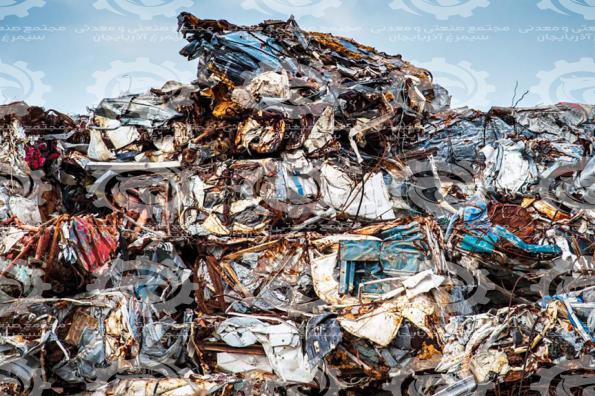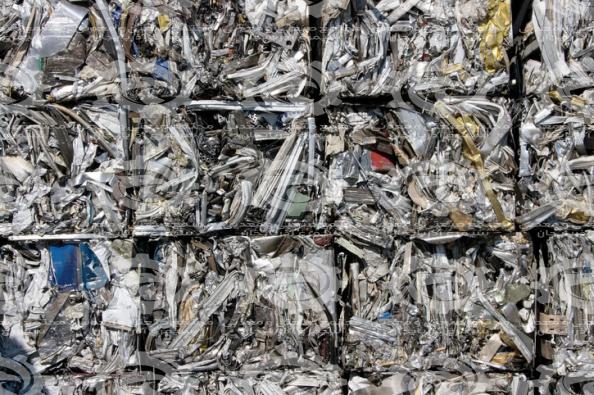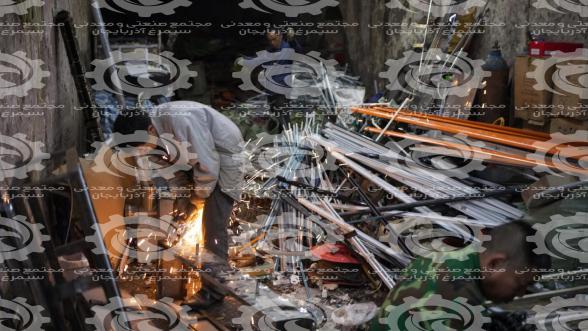Superb scrap iron Price Fluctuation

With online resources for recyclers to look for scrapping tips like websites, blogs, and search engines, scrapping is often referred to as a hands-on and labor-intensive job. Separating and separating metals is important to making more money from scrap for tips such as using magnets to identify ferrous and non-ferrous materials that can help recyclers make more money from metal recycling. When the magnet sticks to metal, it will be an ferrous material such as steel or iron. For more information on Superb scrap iron Price Fluctuation, visit our site.

The brief introduction to Superb scrap iron
 This is a cheaper item that is usually recycled but usually in larger quantities, thousands of pounds. Non-ferrous metals such as copper, aluminum and brass will not stick to the magnet. Some cheap grades of stainless steel are magnetic, other grades are not. These items are higher priced items for metal recycling and are important to separate when recycling. Prices of non-ferrous metals also tend to fluctuate more than ferrous metals, so it is important for recyclers to keep an eye on these resources and general markets.
This is a cheaper item that is usually recycled but usually in larger quantities, thousands of pounds. Non-ferrous metals such as copper, aluminum and brass will not stick to the magnet. Some cheap grades of stainless steel are magnetic, other grades are not. These items are higher priced items for metal recycling and are important to separate when recycling. Prices of non-ferrous metals also tend to fluctuate more than ferrous metals, so it is important for recyclers to keep an eye on these resources and general markets.
In the scrap metal industry there is great potential for accidents where a hazardous material found in scrap causes death, injury or environmental damage. A classic example is radioactivity in scrap; Goiânia accident and Mayapuri radiological accident are incidents involving radioactive materials. Toxic materials such as asbestos and toxic metals such as beryllium, cadmium and mercury can pose a danger to personnel as well as contaminate materials for metal smelters. Many special tools used in scrapyards are dangerous, such as alligator shears, compactors and scrap metal shredders, which cut metal using hydraulic force.
The metal recycling industry covers a wide variety of metals. The most frequently recycled metals are scrap steel, iron (ISS), lead, aluminum, copper, stainless steel and zinc. There are two main categories of metals: ferrous and non-ferrous. Metals containing iron are known as iron. Non-ferrous metals do not contain iron. Common non-ferrous metals are copper, brass, aluminum, zinc, magnesium, tin, nickel and lead. Usable coins can be deposited in banks. Damaged US coins can be redeemed through the Mutilated Coin Redemption Program.
Non-ferrous metals also include precious and exotic metals: Precious metals are metals with high market value in any form, such as gold, silver and platinum group metals. Exotic metals include rare elements such as cobalt, mercury, titanium, tungsten, arsenic, beryllium, bismuth, cerium, cadmium, niobium, indium, gallium, germanium, lithium, selenium, tantalum, tellurium, vanadium and zirconium. Some types of metal are radioactive. These can be “naturally occurring” or formed by nuclear reactions. Metals exposed to radioactive sources can also become radioactive in environments such as medical environments, research laboratories, and nuclear power plants. For more information on super scrap iron sourcing, visit our site.
Price Fluctuation of Superb scrap iron
 Price Fluctuation of Superb scrap iron is due to different currency prices. We deliver this product to the customer at a reasonable price. Therefore, for more information about Superb scrap iron supply, you can visit our site.
Price Fluctuation of Superb scrap iron is due to different currency prices. We deliver this product to the customer at a reasonable price. Therefore, for more information about Superb scrap iron supply, you can visit our site.
You can contact us to buy and sell this product:
Sales consultant: Ms. Leila Nematzadeh
Ways of communication: Phone number: 02147623014
Phone number: 02147623014
 Phone number: 04133660491
Phone number: 04133660491
 Phone number: 09120169267
Phone number: 09120169267
 WhatsApp Response (Skype): click
WhatsApp Response (Skype): click
 Instagram: simurgh_steel_company@
Instagram: simurgh_steel_company@
 email: info@simurghsteelco.com
email: info@simurghsteelco.com
 email: ironore110@gmail.com
email: ironore110@gmail.com
 Facebook: ironore110@
Facebook: ironore110@
 LinkedIn: simurgh-iron-and-steel-company-a68295180@
LinkedIn: simurgh-iron-and-steel-company-a68295180@
 twitter: CoSimurgh@
twitter: CoSimurgh@

 Call number:
Call number:  Whats app:
Whats app:  Address: Salimi industrial Park, Tabriz, IRI
Address: Salimi industrial Park, Tabriz, IRI Instagram:
Instagram:  email:
email:  Facebook:
Facebook: 





